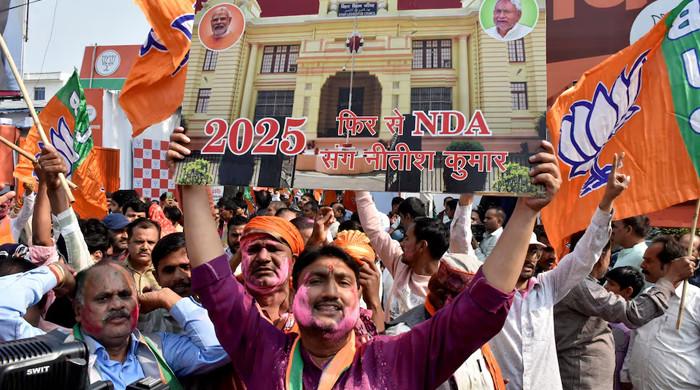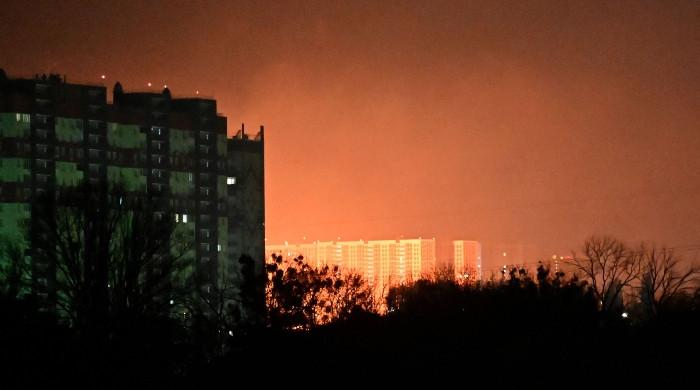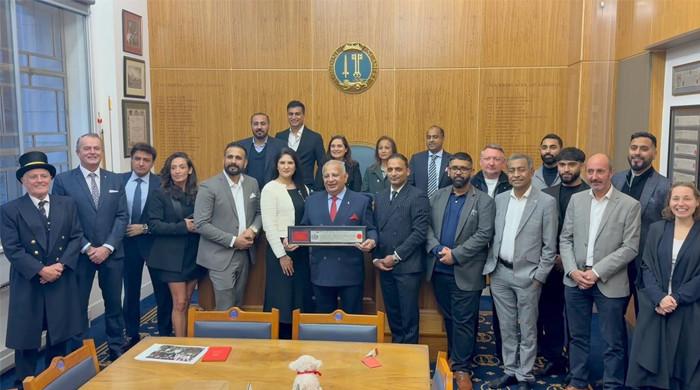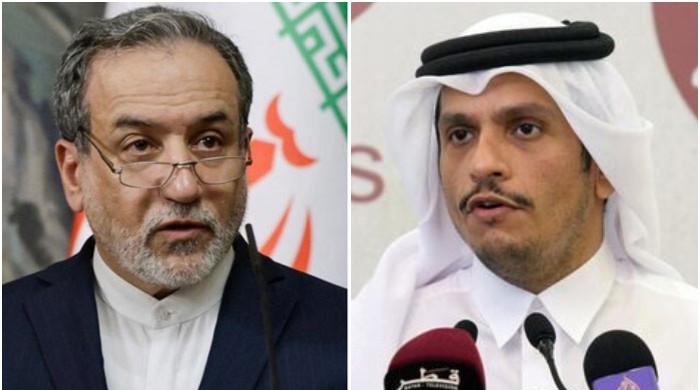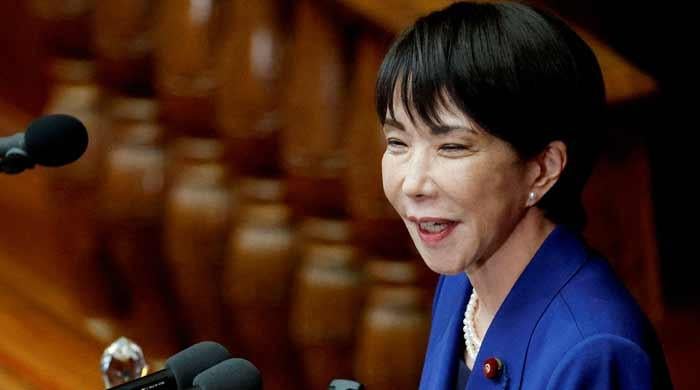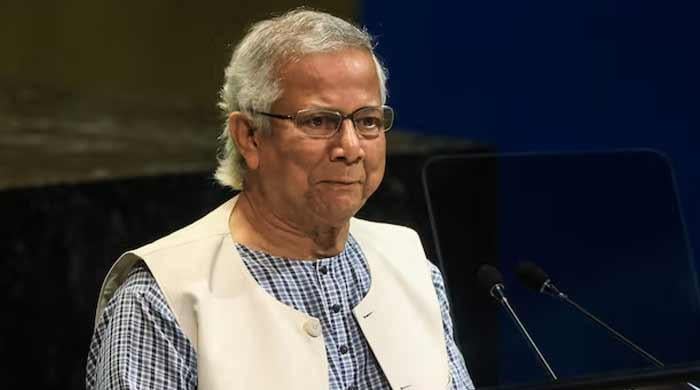10 pivotal moments of deadly Israel-Hamas war
More than 14,000 Palestinians martyred in conflict that began on October 7 after Hamas launched surprise attack
November 24, 2023

The conflict that began on October 7 following Hamas' unprecedented surprise attack on Israel, finally came to a "temporary halt" after the four-day truce agreed between Israel and Hamas came into effect on Friday.
The conflict has led to nearly 15,000 Palestinians — including more than 5,000 children — being martyred with over 35,000 wounded and at least 1.5 million Gazans being displaced.
During the course of the past 48 days, the world has witnessed unspeakable moments of human tragedy and it is imperative to revisit the key moments that have seemingly shaped the Middle East for the worst.
Israel caught 'off-guard'
Palestinian group Hamas launched a surprise attack on Israel with hundreds of its fighters penetrating into Israeli territory on October 7.
The ensuing fighting resulted in more than 1,200 Israelis being killed and 240 being taken hostage and smuggled into the Gaza Strip by Hamas.
Israel begins Gaza offensive
Two days later on October 9, Israel launched its Gaza offensive beginning with Israeli airstrikes across the Gaza Strip, and imposed a "complete siege" cutting off all essential supplies including water, electricity, fuel and food to the besieged territory.
Four days later, Gazans are given a 24-hour deadline by Israeli forces to evacuate the northern part of the strip and move "south".
'Outrage' as Gaza's Al Ahli hospital struck by IDF
As many as 471 Palestinians were martyred in an Israeli airstrike on Gaza's Al Ahli hospital compound.
Israel, however, denied the responsibility blaming the incident on a "misfire" rocket by Islamic Jihad — an accusation vehemently denied by the group.
Hostages freed
With the war raging on, a glimpse of hope emerged after Hamas released two American hostages Judith Raanan and her daughter Natalie on October 20.
Three days later, the group further released two elderly Israeli hostages Yocheved Lifschitz and Nurit Kuper aged 85 and 79, respectively.
Tanks pave the way for Israeli ground offensive
On October 26, Tanks operated by Israeli forces raided Gaza to clear the way for the Israeli army, infantry who were to follow the armoured wall.
Israeli Prime Minister Benjamin Netanyahu says that his country is in for a "long" offensive in the Gaza Strip.
Egypt's Rafah border crossing opens
Amid a worsening humanitarian crisis in the Gaza Strip, Egyp opened its Rafah border crossing with the besieged territory on November 1 courtesy of a deal brokered between Israel, Hamas and Egypt by Qatar.
With the border crossing now open, dozens of wounded Palestinians, along with foreigners and dual nationals made their way into Egypt to flee the war-torn Gaza.
Gaza 'encircled'
After weeks of relentless bombings, the Israeli military announced it had "surrounded" Gaza City on November 2.
A day later, Israel expels hundreds of Palestinians who have been stranded in Israel since October 7.
Death toll surpasses grim 10,000 mark
With the Israeli offensive showing no signs of stopping, or slowing down, the Palestinian death toll surpassed the 10,000 mark on November 6.
United Nations Secretary-General Antonio Guterres calls Gaza a "cemetery for children" and demands an "immediate humanitarian ceasefire" due to the human catastrophe being unfolded in the territory.
World decries Israeli attack on Gaza's Al Shifa hospital
After days of alleged claims of a Hamas headquarters underneath, Israeli troops launched a night raid on Al Shifa hospital — Gaza's largest medical facility — on November 15.
The incursion resulted in worldwide condemnation by human rights organisations who have been repeatedly calling for a ceasefire due to the dire humanitarian situation in the besieged territory.
Hostage swap after Israel-Hamas agree on 'truce'
With world powers including the United States, Qatar and others fiercely striving for a ceasefire, Israel and Hamas agreed on a four-day temporary "truce" on October 22 including the provision of a hostage swap between the two warring parties.
On November 24, the temporary ceasefire came into effect with 39 Palestinian women and children being released from Israeli prisons.
Meanwhile, Hamas released 13 Israeli hostages, along with 12 Thai nationals.
— Additional input from AFP

